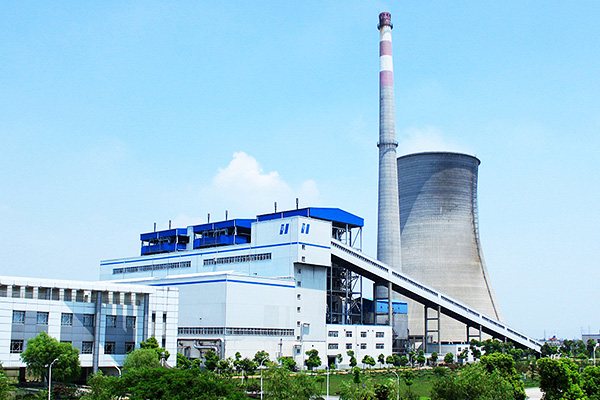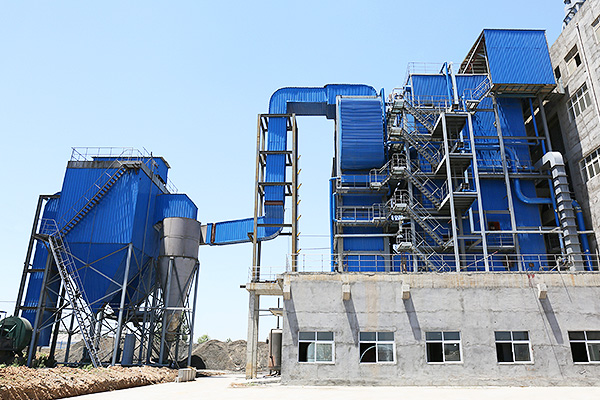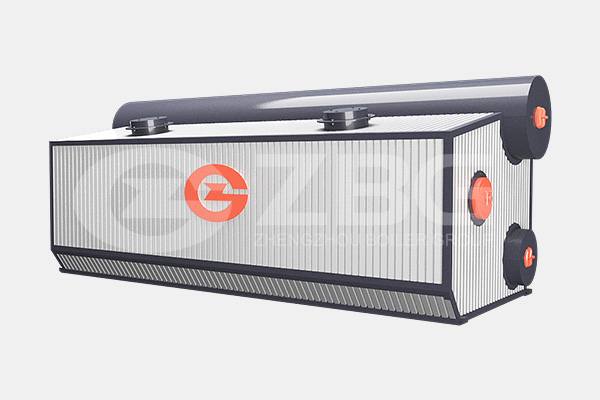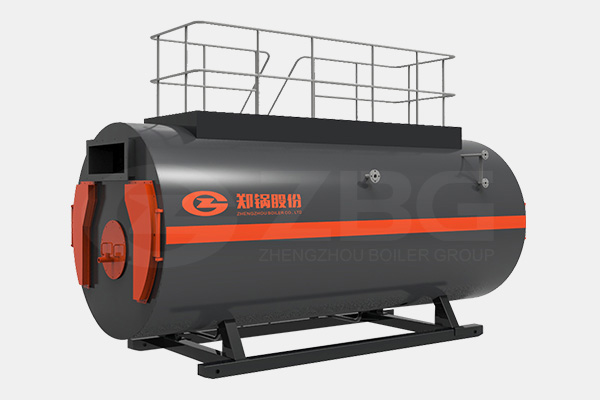Common Industrial Boilers Types

Industrial boilers are classified as many kinds according to the different usage or capacity. every type of boiler plays a key role in providing steam or hot water for industries.
Fire tube boilers
In the firetube boiler, gases of combustion pass through the inside of the tubes and water surrounding the outside of the tubes. The advantages of a firetube boiler are its simple construction and less rigid water treatment requirements. However, it could not to respond quickly to load changes and it cost more time to raise steam pressure. It is commonly used for small capacity, low pressure applications in industrial process plants.
Water tube boilers
In the watertube boiler, the water is inside the tubes and gases of combustion go around the outside of the tubes. The advantages of a watertube boiler are a lower unit weight per pound of steam generated, less time required to raise steam pressure, a greater flexibility for responding to load changes, and a greater ability to operate at high rates of steam generation.
Smoke tube boilers
Smoke tube boiler is refer to waste heat recovery boiler, which is used in chemical industry, cement industry, coke dry quenching industry, and other industries that produce much waste heat which could be collect and reused in producing process. This type of boilers are an energy saving product that can provide steam or hot water and generate power for industry.
Packaged boilers
Small sized boilers can be completely assembled in the boiler manufacturer's shop, including burners, fans, controls, soot blowers, etc. These boilers are shipped to the operating site by barge, rail, or over the road vehicles. They are called package boilers and can be designed to operate at high pressures and capacities.
Field-assembled boilers
Boilers that are too large to ship completely assembled must be field erected. Some are capable of producing up to several million pounds per hour of steam. Natural circulation boilers may be designed for pressures higher.




